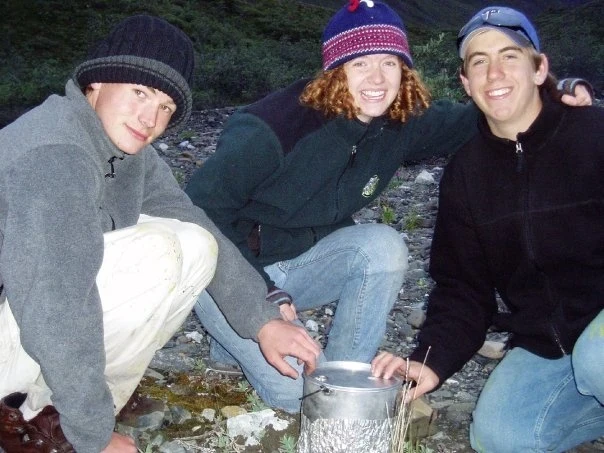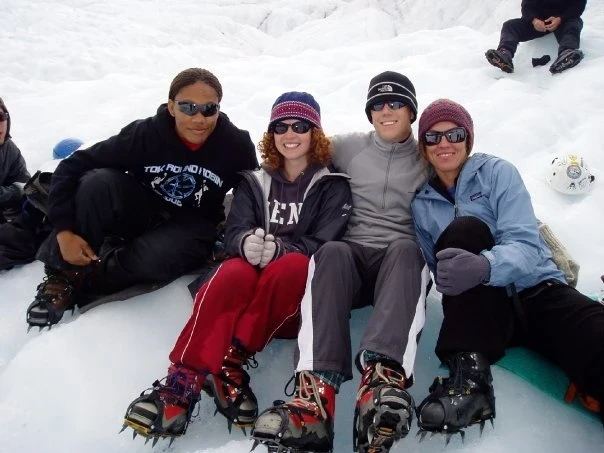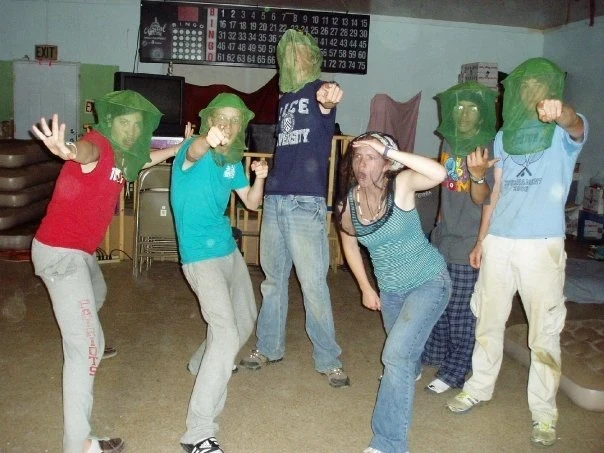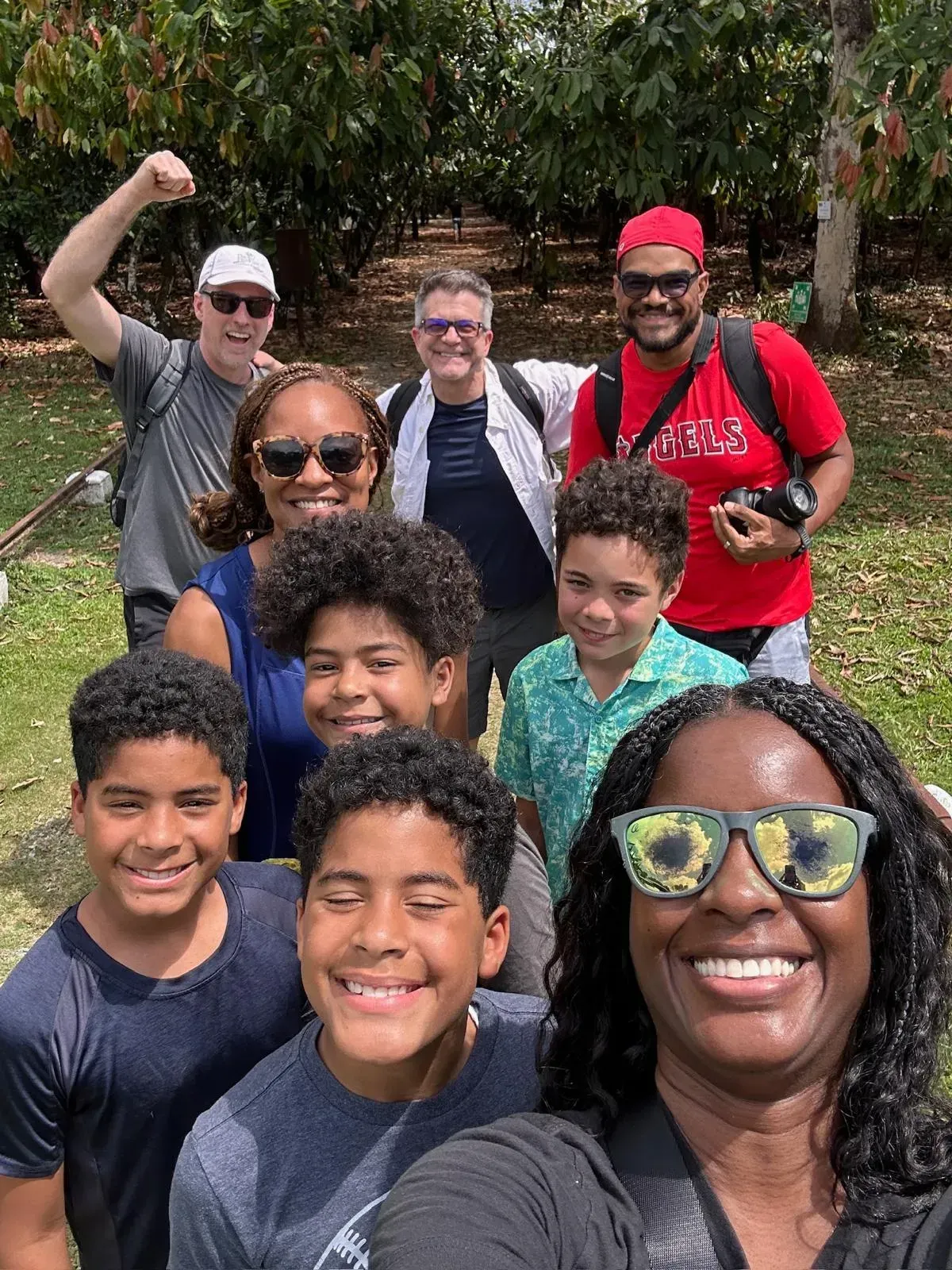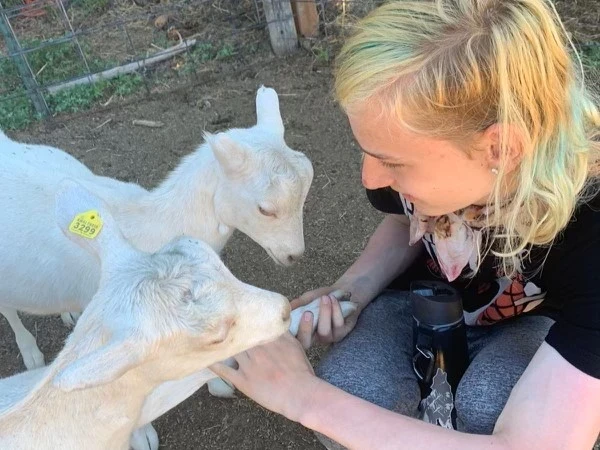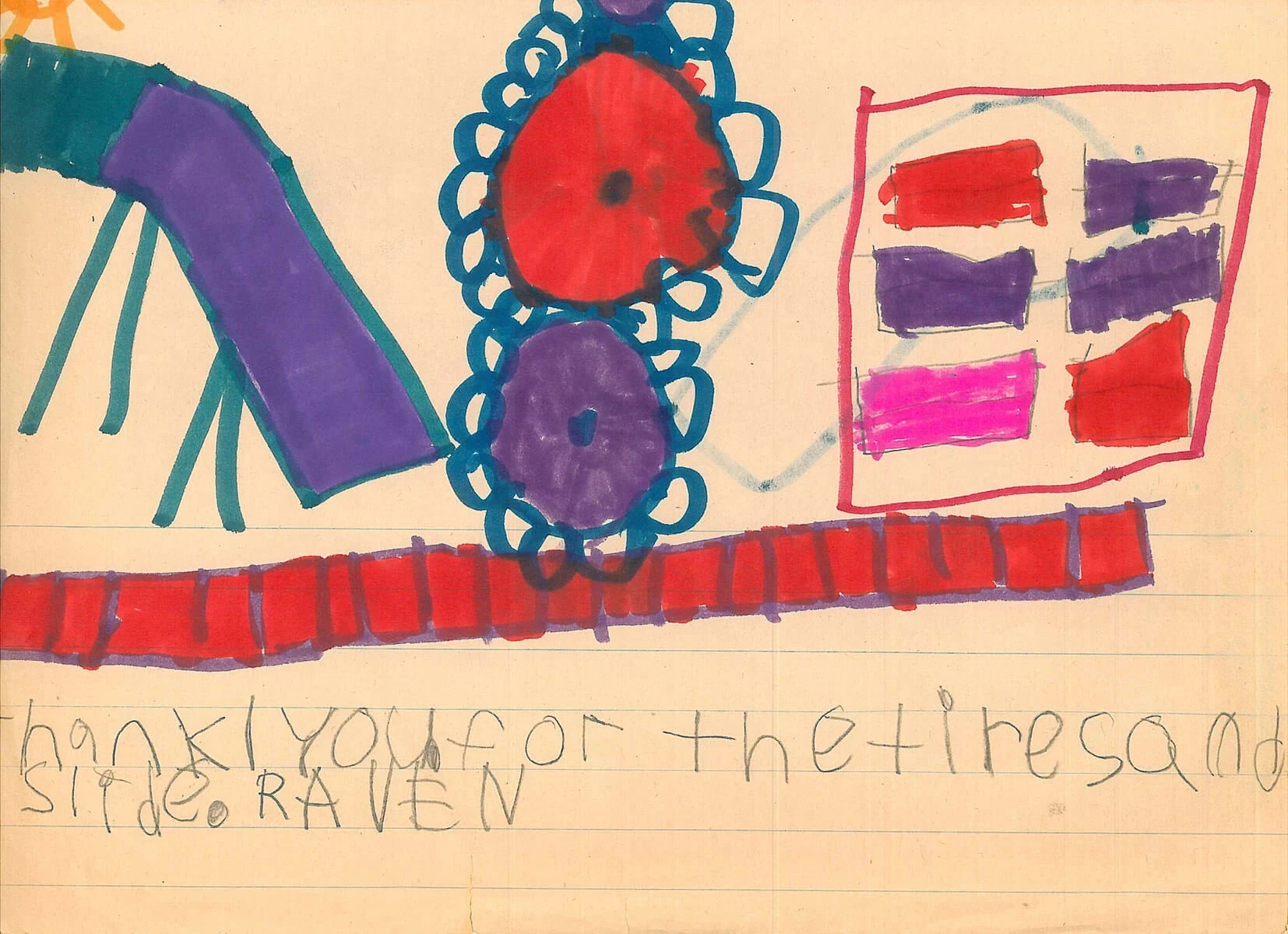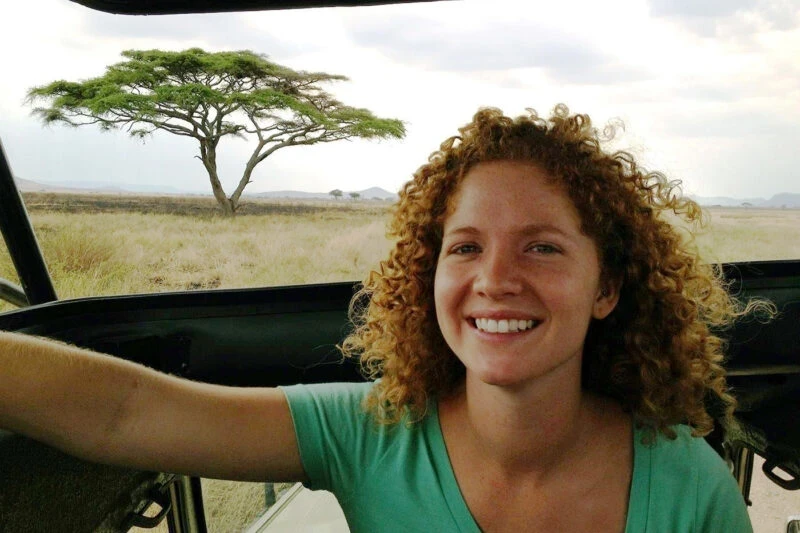
Tell us a little about yourself.
My name is Antonia, I was a VISIONS Alaska participant in 2008. I live in Seattle with my fiancée and pets, working as a software engineer. After VISIONS I went to college in Texas and then spent two years as a Peace Corps volunteer in Cameroon (Central Africa), serving as a youth development volunteer. In my spare time I play fiddle in an acoustic trio, and I love hiking and camping – a love fostered by VISIONS.
What did your VISIONS experience mean to you?
In short, VISIONS made me feel like I was becoming the person I aspired to be. As a high schooler I pictured the adult I wanted to become, and she was adventurous and outdoorsy. I hoped to experience different cultures, see different landscapes, and sleep under the stars. The trouble was, I didn’t really know how to go camping or backpacking, and it is a little intimidating to get into! My first ever backpacking trip was with VISIONS and it helped me gain confidence in packing for and planning a camping or backpacking trip. I remember feeling so proud that I was taking steps toward living my dream life, and I still feel that way every time I go camping or traveling somewhere new!
What lessons did you learn from VISIONS?
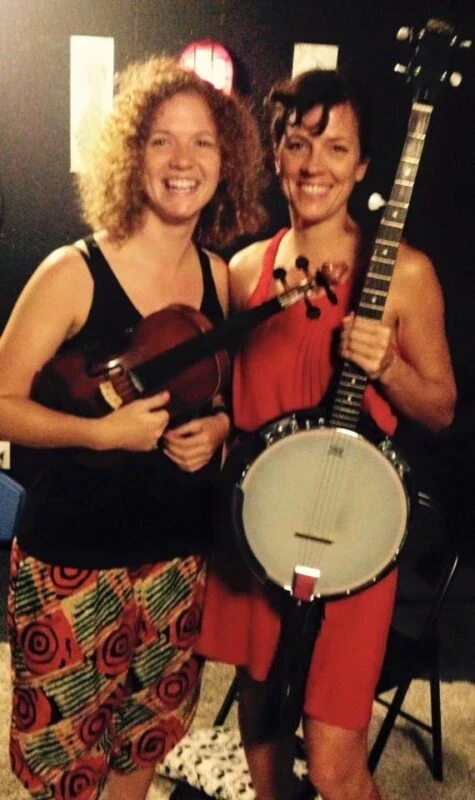
Top three: outdoor competence, basic carpentry, and volunteering respectfully in another culture. Learning to pack for a camping trip and hang a bear bag has empowered me to lean into my love of the outdoors and camp in many national parks and forests across the country. While my carpentry skills are still pretty elementary, I have built a home tiki bar and a couple of coffee tables, and am generally handy with installing shelves. I think orientation at VISIONS was my first time hammering in a nail. I also really appreciated how seriously our staff took cultural respect and local buy-in to all our volunteer projects. If the community wasn’t 100% on board with one of our proposed projects, we scrapped it and found something else with universal support. I remember a prolonged debate among program participants when some had painted the name “VISIONS” on a shed we were fixing up for the community; we went back and forth on whether that was appropriate or disrespectful, and I loved how deeply everyone considered the implications of our actions. This sensitivity to the needs and desires of the locals was even more relevant a few years later when I became a Peace Corps volunteer – but VISIONS laid the groundwork for it.
What were the positive impacts of community living on your VISIONS program?
My clearest memory of coming back from VISIONS is telling my mom that I didn’t want to go back to who I was before. Experiencing community living took tasks that had previously felt like “chores” and gave me a sense of personal responsibility over them. Sure, I helped with dishes before VISIONS, but it felt like I was doing my mom a favor. It was after spending four weeks cooking meals, cleaning up after dinner, cleaning the bathroom, sweeping the floors that these tasks stopped feeling like favors and I realized they are all necessary to maintaining a life and home, and if I wasn’t going to do them, who was doing them for me? Coming home I told my mom teary-eyed that I wanted to be better at doing the dishes. Can’t promise that I always held strong to that, but I do feel like my trip to Alaska helped me mature quite a bit.
How did VISIONS give you the confidence to step outside of your comfort zone?
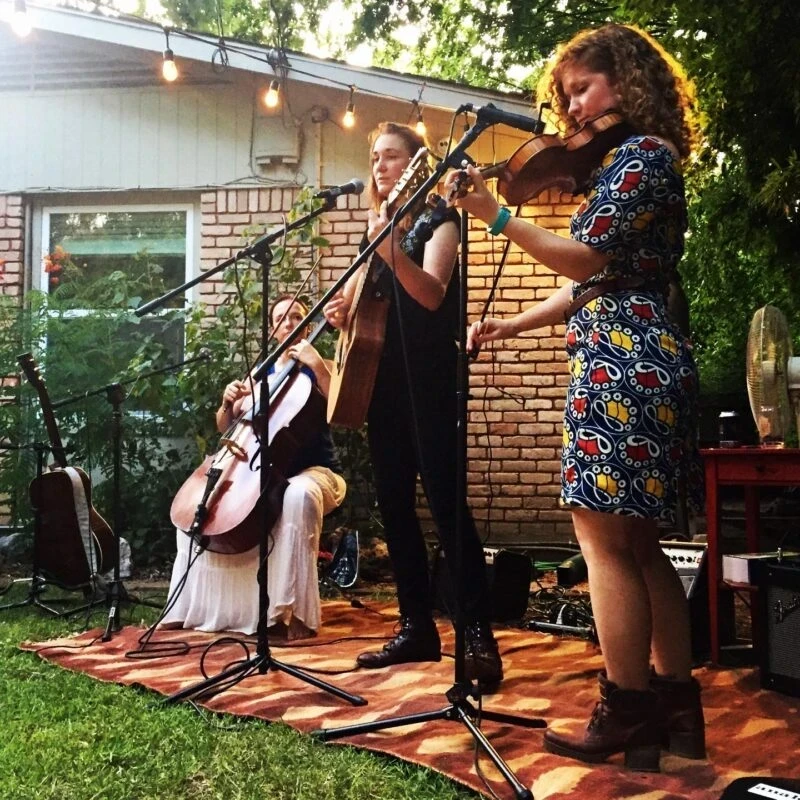
One piece of the VISIONS Alaska program involved meeting with local Athabascan elders and hearing their stories. I remember the first time we met with them feeling kind of awkward, and I struggled to make natural conversation with someone from a different generation and culture. It took a little bit of pushing myself and becoming uncomfortable to start asking them questions, but by the end I realized how many stories they had to tell and how much perspective they could provide. They told me about witnessing the effects of climate change first hand, and living through the civil rights movement. Engaging with people from a different background and generation is a learned skill, but it pays off with a whole new world of insights.
What did you like best about living ‘tech’ free on your VISIONS program?
Escaping the FOMO of seeing photos from parties I wasn’t invited to, and knowing I was probably doing something cooler anyway!
How often do you stay in touch with your VISIONS friends?
We are all connected on Facebook, and my program director and I played in a bluegrass band together, and she is coming to my wedding! 😛
What is one lesson learned from your experience that you still use today?
For one thing, it helped me realize that you don’t have to travel abroad to experience something totally different. The community we stayed in in Alaska was Athabascan and they have a rich history and culture very different from any I had lived in. The mountains in Alaska tower above the continental 48. And the sun never sets! It is a truly magical and foreign land and you don’t even need a passport to get there!
